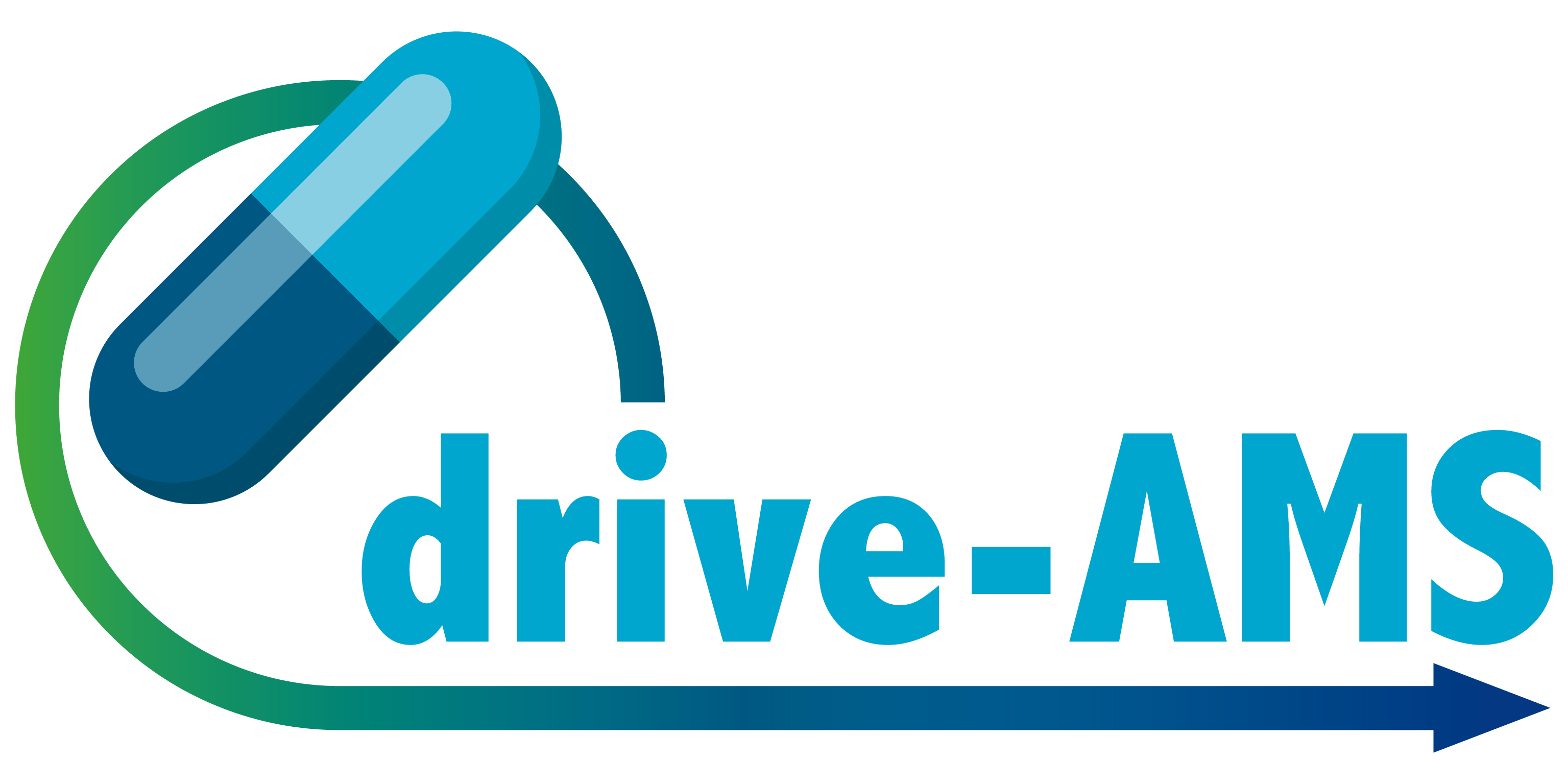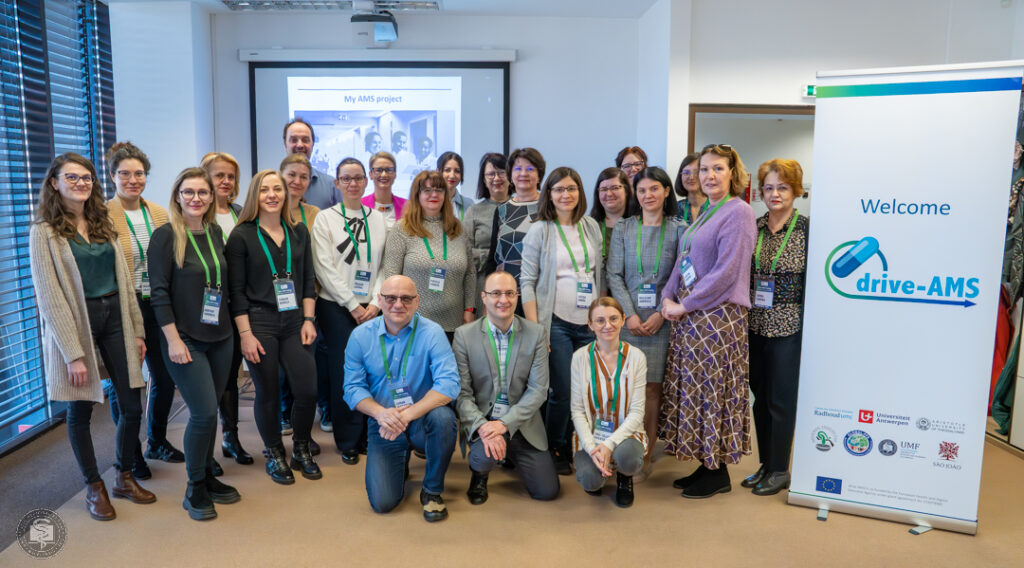Enriched with the practical expertise from the coordinating teams in Nijmegen and Antwerp, this was the third course in a series of four where participants could share ideas, strategies, and useful tools.
The course started with basic sessions explaining how antibiotics are used and how resistance develops globally. Participants learned about the Global-PPS (Point Prevalence Survey) method, which helps them understand how their hospital uses antibiotics compared to other places in Romania and Europe. Examples using Romanian data helped participants see how antibiotics are prescribed in their own hospitals. Each participant then talked about their hospital’s results from the Global-PPS survey, sparking interesting discussions among committed peers.
The second day focused on measures to evaluate antibiotic use and prescribing quality at the hospital level. Participants saw how the innovative Global-PPS tool can provide data specific to their hospital’s needs, like for different illnesses or hospital departments. The day ended with a workshop where participants identified important problems in their hospitals and made detailed plans to measure and improve outcomes. Some common areas of focus included improving surgical antibiotic use, bettering how samples are taken for testing, and ensuring antibiotics are prescribed correctly.
Moving into the third day and the fourth day, discussions on behavioral science sparked lively debates, highlighting how human behavior affects antibiotic use. Attendees learned about theories of behavioral change and tools like the COM-B model to understand what helps or hinders implementing changes in their hospitals. Each hospital then outlined its own plan to improve antibiotic use, considering the challenges and solutions tailored to their specific circumstances.
In summary, the antimicrobial stewardship course in Romania not only provided a platform for sharing knowledge but also fostered a shared commitment to better antibiotic use and fighting resistance. With new insights, strategies, and tools, participants are ready to lead positive changes in their hospitals, contributing to a brighter future in the battle against antimicrobial resistance.

